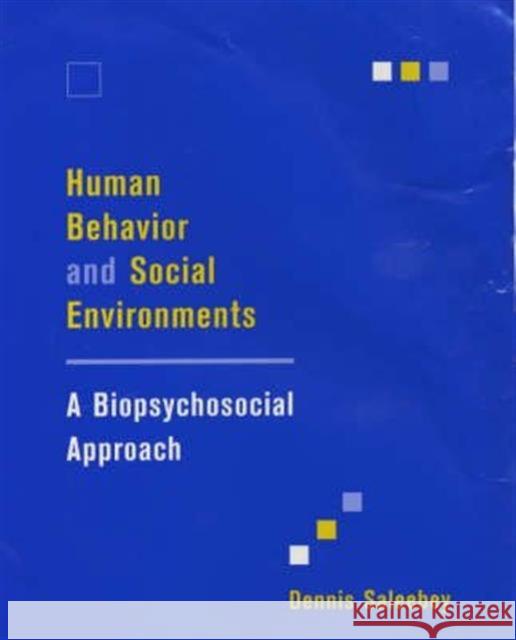Human Behavior and Social Environments: A Biopsychosocial Approach » książka
topmenu
Human Behavior and Social Environments: A Biopsychosocial Approach
ISBN-13: 9780231112802 / Angielski / Twarda / 2001 / 459 str.
Human behavior is a subject so vast that it would seem to defy one's ability to comfortably and confidently grasp its varieties, nuances, shapes, and dynamics. But in this wide-ranging and comprehensive survey of the contexts of human behavior, Dennis Saleebey examines the different social science approaches to understanding the way humans react to and are affected by their environment.
Using a biopsychosocial perspective, this book demonstrates that there are many paths of knowledge, many methods of inquiry, and many perspectives that can guide one's understanding of human behavior. Resilience (how we cope with trauma) and meaning-making (how we see and make sense of the world around us) provide the conceptual framework of the book. Saleebey examines a number of specific theories relevant to the biopsychosocial approach: part/whole analysis, psychodynamic theory, ecological theory, cognitive theory, and radical/critical theory. Human development is presented as a continuing interaction between individual, family, community, social institutions, and culture. Pedagogical devices to aid the student include chapter overviews, case studies, and meaning-making dialogues at the end of each chapter that pose questions for further thought.










